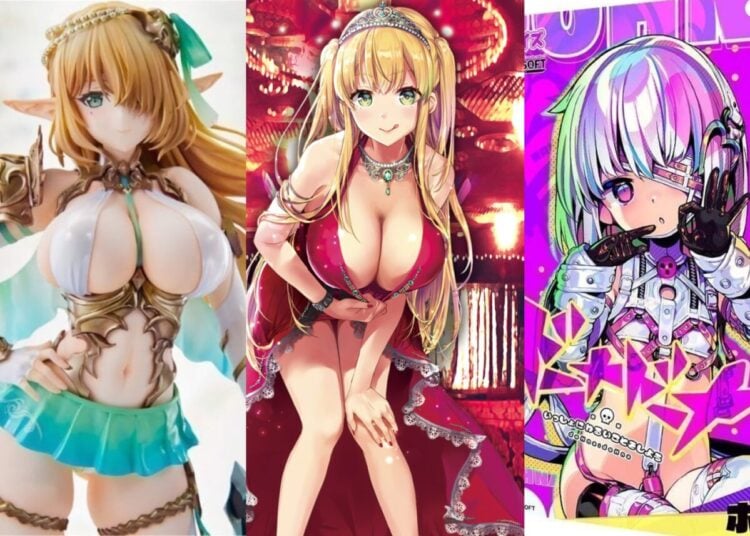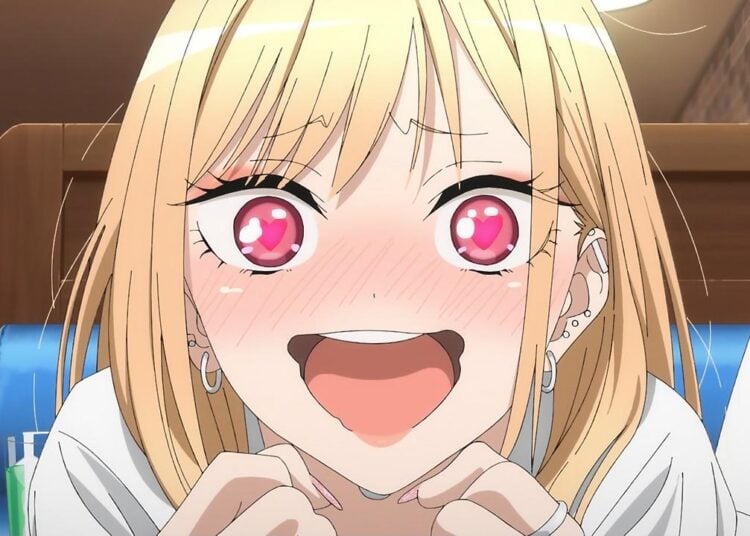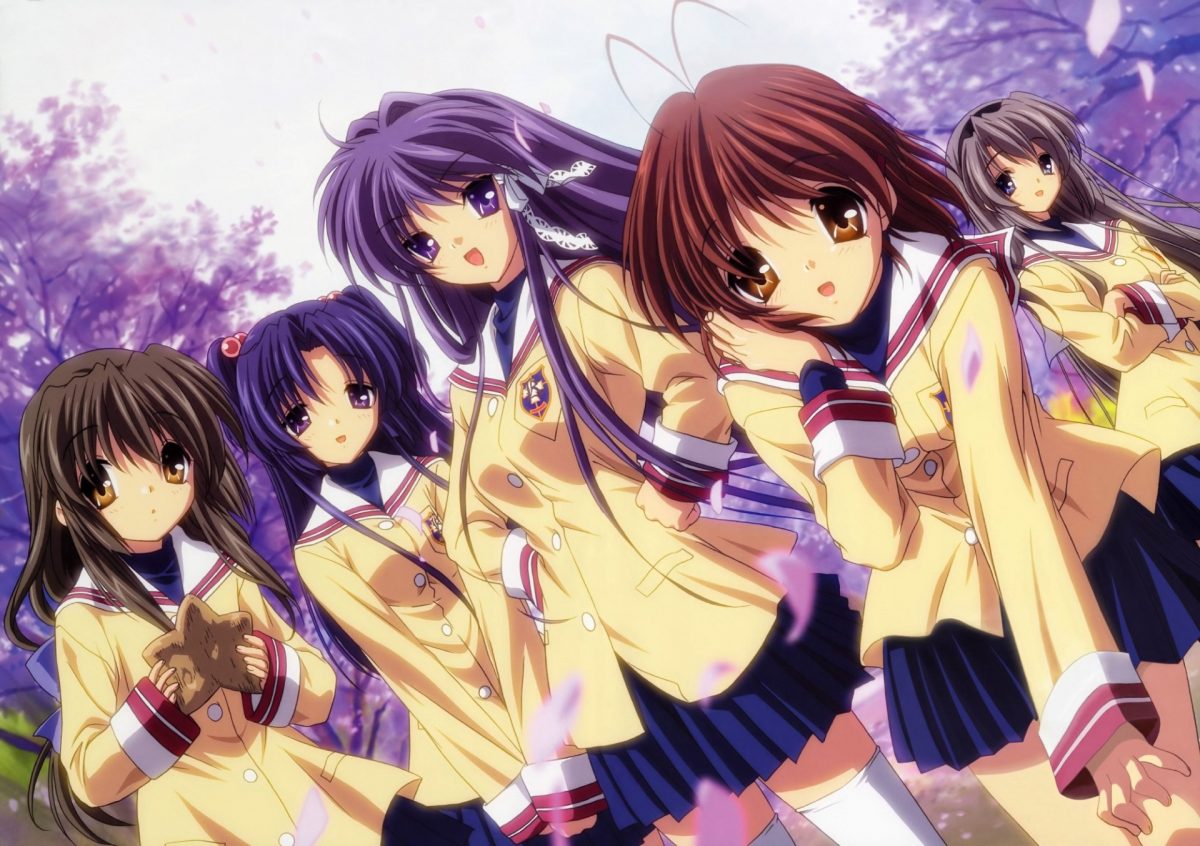This is shaping up to be a surprisingly good anime season, thanks to schedule disruptions from the virus, which delayed a few shows and brought them into the current season. One I’ve been enjoying is the conclusion of the Oregairu anime, aka Yahari Ore no Seishun Love Comedy ga Machigatteiru, or My Youth Romantic Comedy is Wrong, As I Expected CLIMAX. Why is this such a quality show?
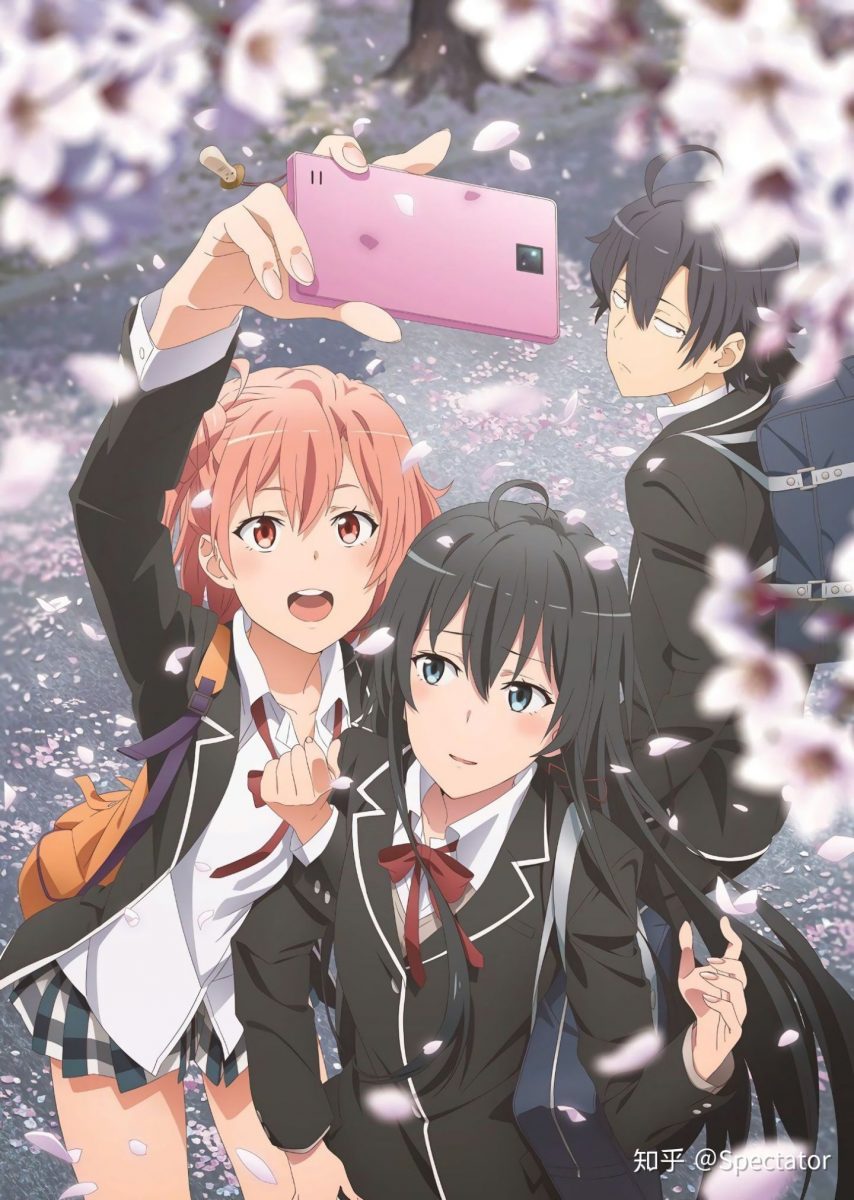
The Depth and Realism of its Story
One thing I try to do when starting a new anime series is guessing if the show is based on a manga series, a light novel series, or is an original story. And it’s usually not hard to do: if an anime’s characters are written in a bouncy, lighter style and are more tied to established character tropes, such as Bokuben, it probably comes from a manga. But if the level of detail in the story and its characters is much higher, with more attention given to the characters and their backgrounds, then it probably came from a novel, which is the case with the Oregairu anime.
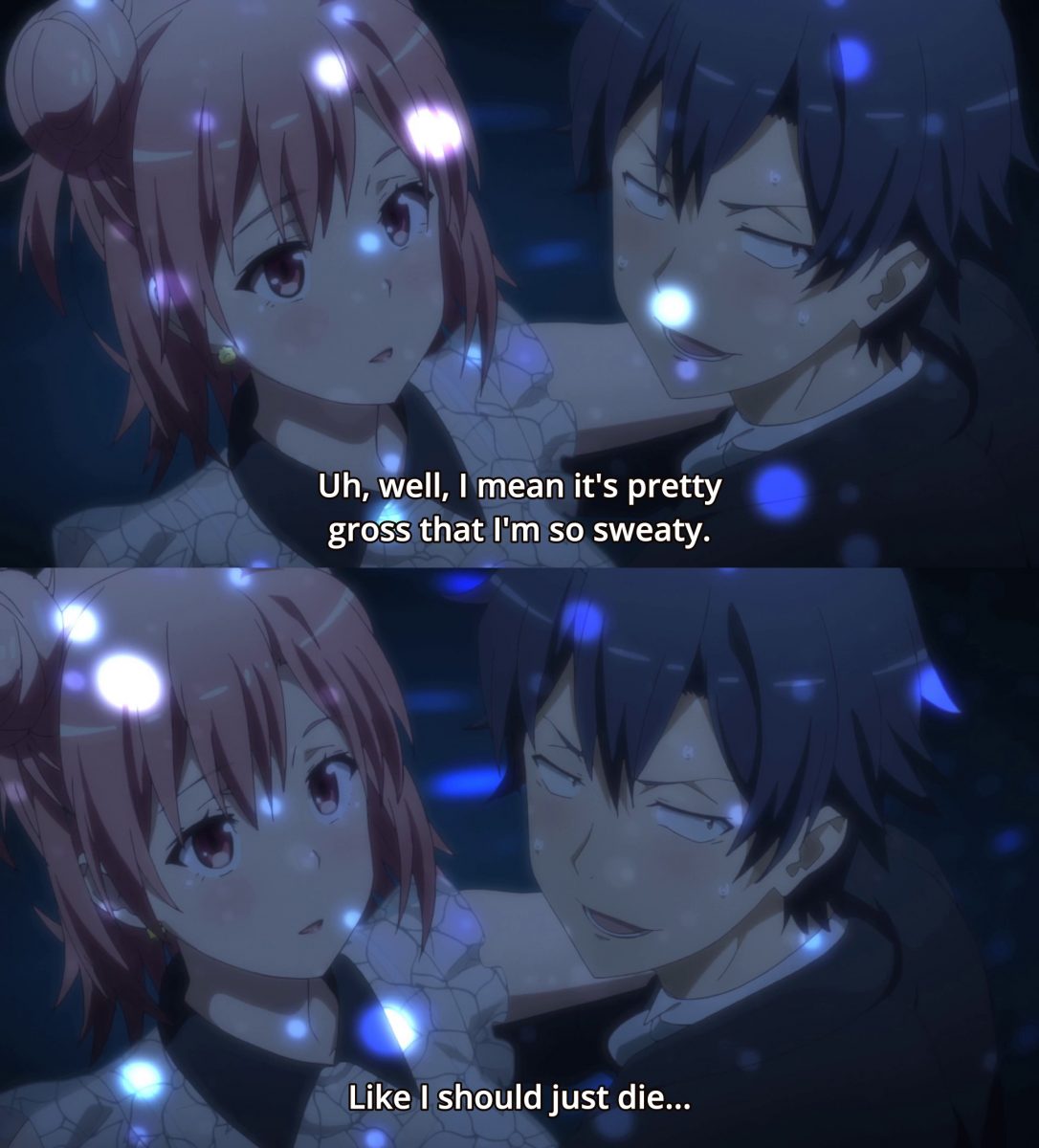
It Tells an Authentic Story
One of the attractions of this show is the “real-ness” of the situations the characters find themselves in, which really bring back memories of my own awkward days in high school. Like the scene where Hachiman apologizes to Yui for being so sweaty when they dance, and wouldn’t he be better off dead than making her dance with a sweaty guy?
The realism continues as the story unfolds and the characters grow and change, each visibly losing some of the negative character traits they start out with at the beginning of the story, especially during season 2. Hachi is less cynical, Yui has realized that trying to be liked by everyone is not a good policy, and Yukino has become a lot warmer.
The only thing that breaks the reality of the story is the system of character names, which are all alliterating, with the same sound repeated in both first and last names: Hachiman Hikigaya, Yui Yuigahama, Yukino Yukinoshita, and Iroha Isshiki. I guess this something the writer, Wataru Watari, likes to do.
(Hey, my name is alliterating, too. Can I be a character in Oregairu?)
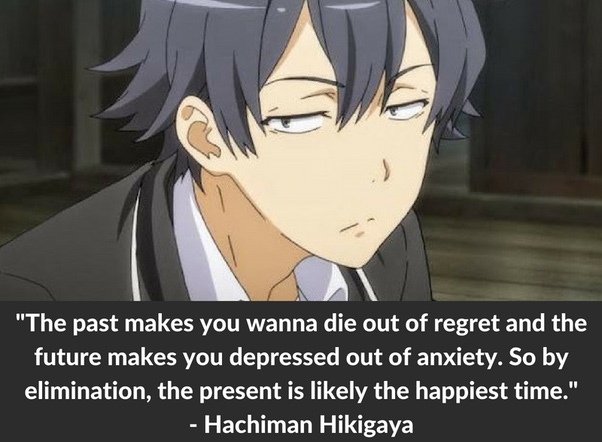
The Cynicism of the Main Character Hachiman is Oddly Inspiring
When most of us started watching the series, we might have been put off a bit by the deadpan snark of the (anti?) hero, Hachiman, who has a negative outlook on just about everything due to his past feelings of isolation. And yet, his character is oddly inspiring, as we watch him from going from a loner who wants zero interaction with others into a person who can provide really useful advice to the other characters (and us) as they deal with stressful social situations. A high number of fans of the show have told me they were able to better deal with their own anxiety or other social issues thanks to Hachiman’s example.
It’s nice that we’ll finally be getting a conclusion to #Oregiaru. I’m terrified that my favorite waifu, Iroha, won’t be chosen. Or that no girl will end up “winning” in the end. pic.twitter.com/nneHVPkpBS
— Peter Payne (@JListPeter) July 29, 2020
Oregairu is an “Anti-Harem” Story
While I’m always happy to watch a classic harem story about a generic main character who finds himself surrounded by cute waifus who compete for his love, such as Bokuben or Haganai or To Love-Ru Darkness, sometimes we want a little more depth to the story. When a harem story can not only create an interesting story with characters we care about, but also comment on the nature of harem anime and why they’ve become a cornerstone of anime storytelling, it’s even better.
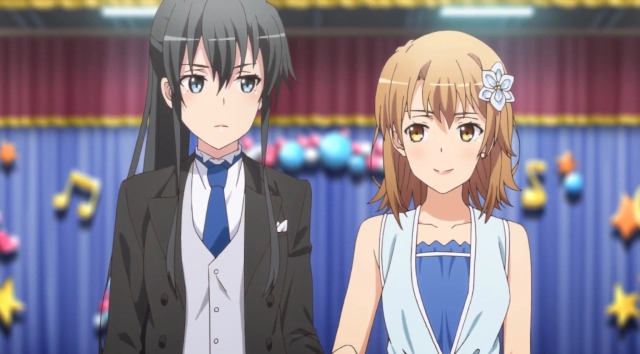
Thanks for reading this post about the final season of the Oregairu anime! Which girl (or guy) are you rooting for to win out in the end? Tell us below, or on Twitter!
Want to order a sexy item, but need more privacy? Use our popular Onahole Box Removal Service in which your order will be carefully repacked in generic packaging, with the outer box removed, and the contents hidden in bubble wrap. Remember that the safest sex partner during the crisis is yourself!



